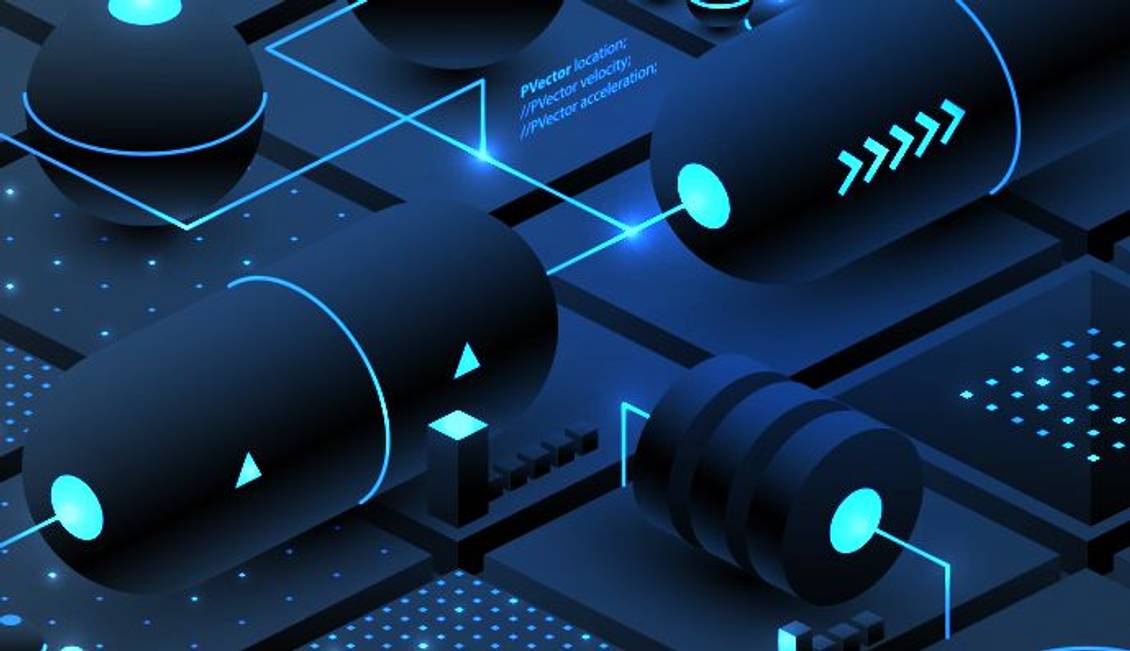
Quantum computing
Author: Rushikesh Chavan
Date: 30-09-2022
Quantum computing
The operations of quantum computing can take use of quantum mechanical phenomena including superposition, interference, and entanglement. Quantum computers are gadgets that carry out quantum calculations. Larger realizations of quantum computers are thought to be capable of solving some computational problems, such as integer factorization (which underlies RSA encryption), much more quickly than classical computers, even though current quantum computers are too small to outperform regular (classical) computers for practical applications. A branch of quantum information science is the study of quantum computing.
Quantum circuits are the most popular of the several quantum computation types. The quantum Turing machine, quantum annealing, and adiabatic quantum computation are other models. The majority of models are based on the quantum bit, or "qubit," which resembles the bit in classical processing in several ways. A qubit may be in a superposition of the states of 1 and 0 or in a quantum state of either 1 or 0. However, when it is measured, it is either 0 or 1; the likelihood of either result relies on the qubit's quantum state just before the measurement. Quantum processing using continuous variables is one paradigm that does not need qubits.
Technologies like translons, ion traps, and topological quantum computers, which are designed to produce high-quality qubits, are the main focus of efforts to construct a physical quantum computer. [3]: 2–13 Depending on whether quantum logic gates, quantum annealing, or adiabatic quantum computation are used, these qubits may be constructed in a different way depending on the computing model of the entire quantum computer. Building practical quantum computers is currently hindered by a number of major challenges. Because qubits experience quantum decoherence, it is extremely challenging to retain their quantum states. Error correction is thus needed for quantum computers.
A quantum computer can solve every computational issue that can be resolved by a conventional computer. Contrarily, each issue that a quantum computer can resolve may, in theory, be resolved by a conventional computer if given enough time. Quantum computers, thus, adhere to the Church-Turing thesis. Accordingly, quantum algorithms for some problems have much lower temporal complexity than comparable known classical algorithms, even though quantum computers do not have any extra computational benefits over classical computers. Notably, a phenomenon known as "quantum supremacy" is the idea that quantum computers can answer some tasks in a fraction of the time that it would take a conventional computer to do so.
Quantum complexity theory is the study of the computational difficulty of issues with regard to quantum computers.